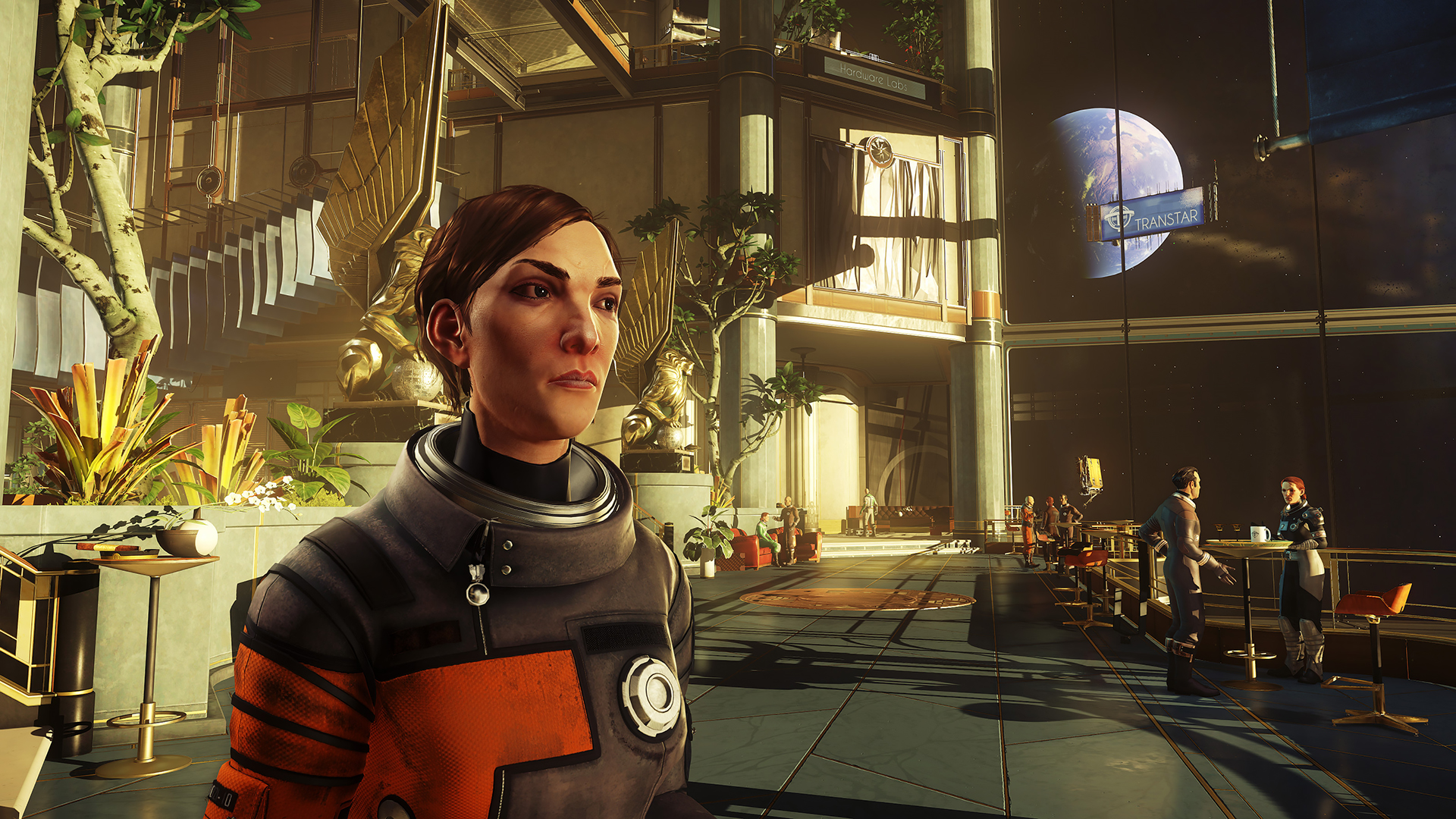
With mildly depressing certainty, I can say I’ve been playing video games for longer than some GamesRadar readers have been alive. In my distant youth, games really were as difficult as you’ve heard. Back then, though, I had a ludicrous amount of free time – in addition to the game-playing skills that, as we all know, are genetic.
Today, however, I have a lot of things I didn’t have back then: three young children who have probably inherited the mad skillz gene; a full-time job that drains my soul/gives me a sense of purpose in society; a mountain of bills that must be paid. I have a long list of things that take priority over repeatedly trying to defeat that end-of-level boss.

When I was younger, I got halfway through Resident Evil: Code Veronica before starting the game again from scratch because I didn’t have enough ammo to knock the Tyrant out of a plane. Contrast that with Dark Souls 2, which I tried for a few hours before deciding that I’d wasted enough of my remaining life getting killed by the same dozen enemies.
That’s why Prey likes me, and I like Prey. Here’s a game that allows me to change the difficulty setting at any time, and even makes a point of saying in the loading screens that I won’t be punished for doing so.

I’m not the only one in this leaky boat, as other spare-time-challenged gamers can surely attest. I have no desire to stop playing games, even though the time I now devote to them is merely ridiculous rather than ludicrous. If developers can help everybody by allowing players to adjust the difficulty at any time during play, and not just at the title screen, players would broaden their horizons. They would be willing to try more games, which would in turn drive sales up for publishers and developers.
As a bonus, unwelcome difficulty spikes could be merrily skipped over, which would help us balance time for a good game with the demands of adult life. In turn, this ensures more people would make it to the finish line than ever before. I’m sure we’ve all got time for that.
This article originally appeared in Official PlayStation Magazine. For more great PlayStation coverage, you can subscribe here.
Sign up to the GamesRadar+ Newsletter
Weekly digests, tales from the communities you love, and more
Luke contributed regularly to PLAY Magazine as well as PC Gamer, SFX, The Guardian, and Eurogamer. His crowning achievement? Writing many, many words for the last 18 issues of GamesMaster, something he’ll eagerly tell anybody who’ll listen (and anybody who won’t). While happy to try his hand at anything, he’s particularly fond of FPS games, strong narratives, and anything with a good sense of humour. He is also in a competition with his eldest child to see who can be the most enthusiastic fan of the Life is Strange series.



